How to Write a Memoir & Bring Your Story to Life
If you’re on this page, you’re likely wondering... “How to write a memoir?” Or perhaps you’re thinking “What even is a memoir?” The truth is, you have likely read or have written a memoir and just haven’t quite known the term to describe the genre!

Remember when you were in grammar school? Your teacher likely asked you to write a story about something fun you did with your family over summer vacation. Or maybe it was your favorite memory? Is it starting to sound familiar? Well, those assignments were actually memoirs!
What is a Memoir?
Essentially, a memoir is a creatively written story based on personal experiences and memories. What makes a memoir stand out is that the experiences that are written about are understood to be true to the author’s life by readers. Rather than just stating the events or facts of an experience, a memoir details the emotional aspect of an experience as well.
Why Should I Write a Memoir?
Whether it’s to remember the emotional value of a life event or to tell a story through your perspective, there are so many different reasons to write a memoir!
While some authors write memoirs with the aim to publish them, you do not have to! Memoirs can be good reminders of your experiences that you can read back in the future or even pass down through your family for generations.
Think of it almost like a personal journal turned into a cohesive piece of literature!
What Should I Include in My Memoir?
When you’re learning how to write a memoir it can be confusing about what you should include. Perhaps you have a memory or experience that resonated deeply with you. Take that memory or experience and run with it! What you include in your memoir is up to you, but these are some helpful tips to make your story come alive!
How Should I Start Writing My Memoir?

How to Write a Memoir
Where to Start...
How to Write a Memoir & Bring Your Story to Life:
How to Write a Memoir Ending
Where Should I End My Memoir?
Okay, so now you got into the groove of writing, but it feels like there’s no good place to cut off your story. Because, well… your story is still going on! But, you still need to “wrap it up” and conclude your memoir.
If your story is based on a specific event or experience, stop your story when you reach the natural conclusion of the event. The you can go back and tweak it afterward. Look for an event that led to the next “chapter” of your life.
For example, if you're writing a memoir about being with your significant other, begin at when you met them and end at your wedding or honeymoon rather than writing up to the present state of your relationship
Here's a couple ways you can conclude a scene:
1. An event that resolves your story or brings it to a natural conclusion
If you find yourself nearing your page limit or the end of what you intended your story to focus on, think of a scene in your experience that perhaps resolved a challenge you were facing or achievement you have reached and use that as your conclusion!
Doing this will leave your story feeling whole. Your readers will leave feeling satisfied with the ending. It is also a good opportunity to include some life lessons that are important to you.
2. On the other hand, you can use a cliffhanger scene that leads to your “next chapter”
Readers naturally seek a conclusion in which everything is resolved. However, a cliffhanger scene is a good way to remind readers that this is a real story! And the story continues...
Furthermore, this is a great option, if you are planning on writing several memoirs or personal essays. Ending with a cliffhanger creates an opportunity for you to build off of your original memoir.

